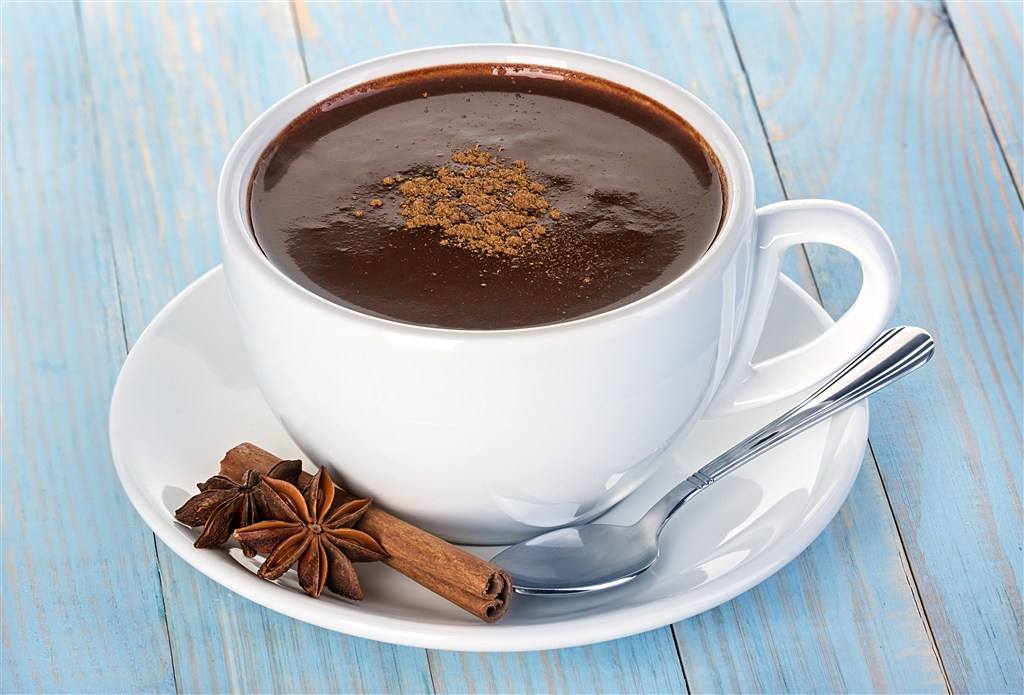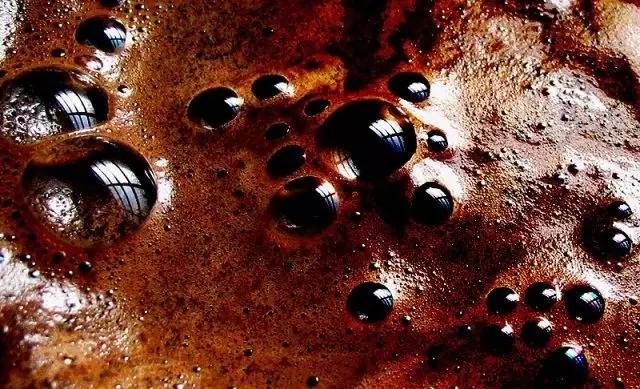Caffeine is not just in coffee.
Follow the caf é (Wechat official account vdailycom) and found that Beautiful Cafe opened a small shop of its own.
A cup of fragrant coffee in everyone's hand and the beginning of a day's work and life is a portrayal of many office workers in modern times. What many people do not know is that under the premise of moderate intake, coffee can be said to be a "super food". For people who exercise regularly, coffee may enhance the effect of exercise.
Caffeine (caffeine) is not only found in coffee
Caffeine (caffeine), also known as caffeine, is a nitrogen-containing alkaloid, or trimethylxanthine. It is mainly found in the fruits and leaves of coffee, tea, Paraguayan holly (Madai tea) and Guanana, while cocoa, cola (Cola) and substitute tea holly (Ilexvomitoria) also contain a small amount of caffeine.
Caffeine can be said to be the most widely used pick-me-up in the world. It can increase the secretion of Norepinephrine in human brain tissue, and then excite the sympathetic nerve of the human body.
Caffeine is water-soluble and does not remain in the body. It is completely absorbed by the stomach and small intestine within 45 minutes after ingestion, and then slowly excreted. Most of caffeine is metabolized in the liver, but after drinking coffee, caffeine is distributed in all organs of the body and stays in the body for 6-14 hours.

The half-life of caffeine (that is, the time it takes to reduce caffeine intake to half) varies from person to person, mainly related to the recipient's age, liver function, smoking, or pregnancy, but it is generally about 3-6 hours. In general, women metabolize caffeine about 2030% faster than men, and women who ovulate metabolize faster. For smokers, the metabolism of caffeine is also very fast, so there is always a lack of coffee concentration.
The relationship between caffeine (caffeine) and athletes
Drinking coffee before and after exercise may have more benefits than you think.
Caffeine has been proved to promote endurance sports performance, prolong exhaustion time, increase attention and alertness, reduce fatigue and so on, so it is helpful for long-term endurance sports performance such as marathon, long-distance running and cycling, so it is widely used and classified as a kind of exercise supplement (ergogenicaids).
CynthiaSass, a well-known American dietitian and nutrition consultant for athletes, once wrote on the health information website Health.com that coffee can be said to be a "super food" under the premise of moderate intake, and for people who exercise regularly, coffee may enhance the effect of exercise.
Excessive drinking disturbs the heartbeat
However, long-term or excessive consumption of caffeinated drinks may also have far more serious consequences than you might think. Excessive caffeine can disrupt the heartbeat, make the heartbeat irregular, and cause arrhythmia.
Caffeine also has a diuretic effect, increasing urine excretion, especially endurance exercise in hot weather, which is more likely to lead to dehydration and electrolyte imbalance. When a person is used to consuming a high amount of caffeine for a long time, once it stops, it is easy to show withdrawal symptoms, such as headache, anxiety, irritability, insomnia and so on.
Dr Yung Shu-Heng, Executive Director of the Hong Kong Jockey Club Sports Medicine and Health Science Centre, pointed out that judging from the above evidence of caffeine, it is not feasible to rely solely on special drinks to improve sports performance, and excessive consumption may even be counterproductive. To achieve good results, we still need to make continuous efforts and scientific training is the best policy.
Moderation and excess
Usually the amount of 1.5mg caffeine per kilogram of body weight is enough to have a refreshing effect.
Food experts recommend that the daily intake of caffeine per person should be less than 300 mg. The appropriate caffeine intake for athletes is about 3~5mg per kilogram of body weight. Under this intake, plasma caffeine concentration will make the receptor of cell membrane saturated. Overeating is not only unbeneficial, but may also increase side effects, even when it reaches 150mg per kilogram of body weight, it is enough to kill.
Important Notice :
前街咖啡 FrontStreet Coffee has moved to new addredd:
FrontStreet Coffee Address: 315,Donghua East Road,GuangZhou
Tel:020 38364473
- Prev

What is the safe intake of caffeine?
Following caffeine (Wechat official account vdailycom) found that Coffee Cafe opened a small shop of its own because of the natural ingredients found in the leaves, seeds or flesh of more than 60 plants, such as coffee beans, cocoa beans, cola beans and tea, the most common food sources are coffee, tea, chocolate and cool drinks (such as cola, tea drinks). Caffeine is mild.
- Next

Is the coffee powder bound to expand after pouring water?
Coffee fans must have noticed that usually when you pour water into the coffee powder, bubbles will appear, and then the powder as a whole will expand, and the form of bubbling is often not the same as the degree of expansion of the powder. All you coffee fevers mustve noticed, whenever you pour over the water into some coffee grounds, it bubb
Related
- Beginners will see the "Coffee pull flower" guide!
- What is the difference between ice blog purified milk and ordinary milk coffee?
- Why is the Philippines the largest producer of crops in Liberia?
- For coffee extraction, should the fine powder be retained?
- How does extracted espresso fill pressed powder? How much strength does it take to press the powder?
- How to make jasmine cold extract coffee? Is the jasmine + latte good?
- Will this little toy really make the coffee taste better? How does Lily Drip affect coffee extraction?
- Will the action of slapping the filter cup also affect coffee extraction?
- What's the difference between powder-to-water ratio and powder-to-liquid ratio?
- What is the Ethiopian local species? What does it have to do with Heirloom native species?

